I interrupt this regularly scheduled travel blog for a public service announcement about the benefit of using LinkedIn.

See, I stumbled across this conversation on Twitter the other day:
@foxnomad That’s ok, neither does anybody else in the history of mankind.
— Dave Dean (@driftingkiwi) June 14, 2013
I quickly interrupted to add my two cents:
@katieaune @foxnomad Quick! Anil! We’ve found the one person! Call the TV stations. 😉
— Dave Dean (@driftingkiwi) June 14, 2013
The skepticism surrounding LinkedIn surprised me. I created a LinkedIn profile years ago and have always felt like it is kind of a “must” in the professional working world. While I didn’t actively use it in the past, I did receive requests from friends to introduce them to LinkedIn connections for networking purposes and as I got ready to quit my job in the summer of 2011, updating my profile was tops on my to-do list.
I will admit that I did little with it in the early years besides build up a collection of connections, ranging from college and law school classmates to former colleagues to past volleyball teammates and friends I met traveling. But before quitting my job to travel in August 2011, I updated my profile and asked colleagues for references and recommendations. I continued to update my profile throughout the year I was away and when I returned last September and started job hunting, I turned to LinkedIn.
I started by upgrading my free account to a JobSeeker account for $29.95 a month. This gave me a few perks:
- I could send private messages to people via InMail. Normally, you can’t directly reach out to someone to whom you are not connected. With a JobSeeker account, I had the option to send 5 messages per month – with a response guaranteed within 7 days or the message wouldn’t count. So when I applied for a job with a small tour company, I was able to follow up with an InMail message to their CEO, whose contact information was not available on their website.
- I could see everyone who viewed my profile (with a free account, you can see some, but not all). The biggest benefit of this was that I could see that at least one person at every single organization I ended up interviewing with checked me out.
I think that’s worth repeating: every single potential employer looked at my LinkedIn profile.
If you are actively seeking a job, I think that alone is why you need to have a LinkedIn profile and keep it up to date. Having an outdated profile may be worse than having none at all, but not even having a profile may seem downright bizarre to some employers.
In addition to upgrading my account, I joined a few groups related to my areas of interest. This gave me access to the job boards in these groups, which included a good number of job postings that did not appear in general job searches on LinkedIn – or anywhere else. Now, I really should have joined groups much earlier. I think the ideal way to take advantage of groups is to join several and become active – post articles of interest to the group, respond to questions and engage in conversations. That way, when you do find job postings of interest, you have already established yourself as someone knowledgeable in your field or industry. I think this is true for any kind of job-seeker or freelancer.
Finally, when I saw job postings of interest, I looked at who in my network had connections at the company or organization. In a couple cases, I reached out to my contacts and asked them to introduce me to someone they knew at a place I wanted to apply. While this never directly led to any interviews, people were always willing to make the introduction and I was able to gain additional insight into the positions or organizations that interested me.
While I didn’t do as much with LinkedIn during my recent job search as I could have, I did receive one job offer as a result of being on it. The tour consultant job that I ultimately turned down was posted on LinkedIn and, as far as I could tell, nowhere else. I also know people who have been contacted by recruiters for very attractive positions through LinkedIn and have heard of freelancers being approached for work.
They say it’s important to build your network before you actually need it and I think LinkedIn is a great example of that. If you wait to create a profile and participate in groups until you are looking for a job, it may be too late; you will leverage LinkedIn the most by making your presence known long before you need to.
Are you on LinkedIn? How have you used it to advance your career?
Photo: Shekhar Sahu
